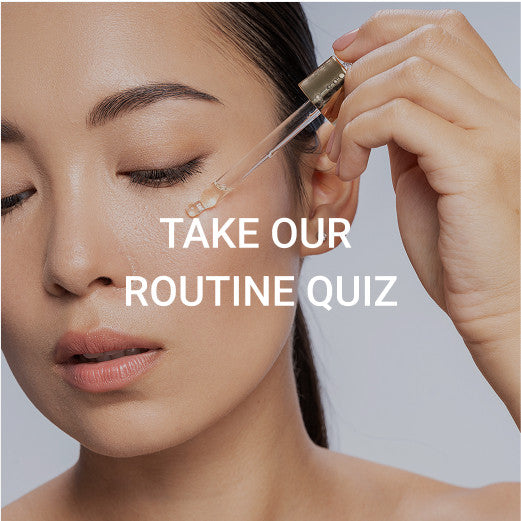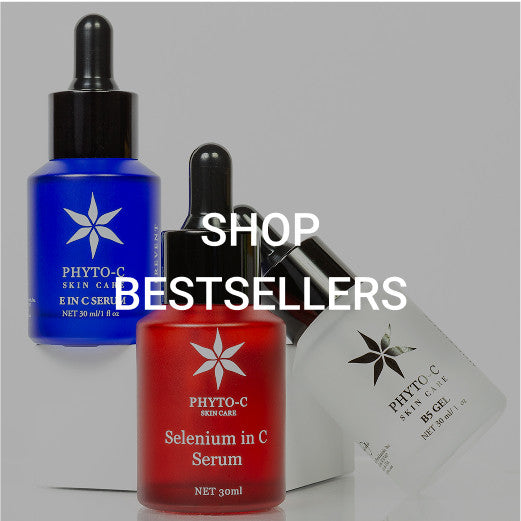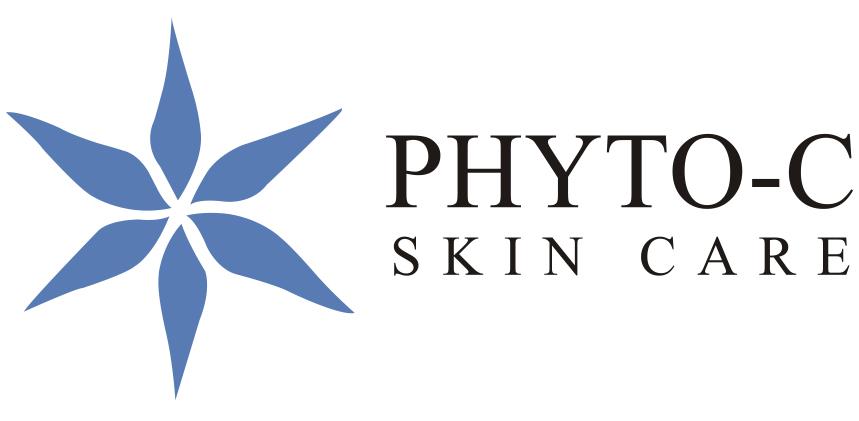A common myth is that products with alcohol as an ingredient should be avoided. Alcohol is used in skincare products to improve the application of the formula, improve the formula’s ability to be absorbed, and extract key ingredients from plants. Alcohol use in cosmetic formulas is controversial due to the widely spread myth suggesting alcohol may dry or irritate the skin, ultimately damaging the skin. This may cause the skin to appear inflamed, bruised, and cause hyperpigmentation. However, consumers should consider the product in question as a whole rather than the individual ingredients.
Alcohol is Found in Many Products
Different Types of Alcohols:
Many products contain alcohol, including those that claim they are “alcohol-free” on the label. A product that says it does not contain alcohol on its label may in fact have one or more fatty alcohols. This is because not all alcohols are made the same.
Fatty Alcohols:
Fatty alcohols are different. These come in various forms, such as cetearyl alcohol or propylene glycol. They’re beneficial because they moisturize and enhance the lipid barrier of the skin while providing a smoother, softer feel. By avoiding all alcohols, you may be doing a disservice to your skin care routine.
Ethanol, SD Alcohol, Isopropyl Alcohol:
The term “alcohol,” as it pertains to cosmetics and skincare, refers to ethyl alcohol, or more commonly, ethanol. SD alcohol, also known as denatured alcohol or isopropyl alcohol, is used to dissolve certain ingredients that are not water soluble, assist with degreasing skin, and are also important in the extraction of key ingredients from plants.
Skin Issues Caused By Alcohol:
Skin issues that are blamed on the use of alcohol in cosmetics include inflammation, skin dryness, and skin barrier disruption. This is worsened considering inflammation is connected to a number of skin issues including wrinkles, acne, and uneven skin tone.
Research Supporting Alcohol Use in Cosmetics:
Clinical trials are used to test the potential dangers in cosmetics. One test commonly used to determine the safety of ingredients is a hand rub test. A patch of skin on the hand or forearm is given a specific dose of the product in question over a set amount of time. The skin is then analyzed to determine if there were any changes to the skin and assessed for any skin barrier disruption. The disorganization of the lipids of the stratum corneum is known as skin barrier disruption. This can interfere with the skin’s ability to hold onto moisture.
Concentration of Alcohol is Important:
When looking at a cosmetic label, ingredients are listed in order of their concentration in descending order. This will help you estimate approximately how much alcohol is used in a formula so you can make an informed decision on whether or not to purchase the product.
The average concentration of alcohol used in cosmetics is 10% compared to products used in hand rub tests that contain up to 80% alcohol. The difference in alcohol concentrations vary greatly and unsurprisingly are not accurate representations of how alcohol in cosmetics will affect the skin.
Does Alcohol Cause Dry Skin?
Another common concern associated with alcohol in cosmetics is dry skin. Dry skin can be unsightly, causing insecurity. However, two recent studies tested alcohol for causing skin dryness and found using between 60% to 80% ethanol over the course of 7 days did not greatly change the amount of sebum or moisture of the skin when compared to water.
Alcohol’s Effect on Inflammation:
A recent study concluded that concentrations of up to 70% alcohol made no significant inflammatory changes to the skin even after 100 applications over the course of 14 days compared to water. Therefore, products with alcohol are generally recognized as safe to use without concern for inflammation. However, if you do have sensitive skin, it would be best to patch test the cosmetic with alcohol in it before applying it.
When Alcohol Can Damage the Skin:
Skin barrier disruption was observed when 80% alcohol was applied 100 times in a day. Additionally, one study applied 100% ethanol to excised pig skin (due to how similar it is to human skin) found that not only did half of the alcohol evaporate after 10 seconds, but only 3% remained inside and on the skin. That means 97% of ethanol in cosmetics evaporates. Even with exaggerated parameters, these tests show that alcohol did not have any significant short-term effects.
The Final Verdict on the Safety of Alcohol in Cosmetics:
Alcohol in cosmetics aren’t strictly bad, nor should they be avoided. Clinical trials have tested the limits of what skin can endure in regard to their use, but in the end, skincare products contain merely a fraction of the amounts used in such tests. Cosmetics are usually supplemented with nourishing and soothing ingredients to offset any minor irritation from other ingredients, such as fatty alcohols like propylene glycol. In some cases, ethanol can even be preferred. Due to alcohol’s low molecular weight and its ability to remove oils, it can help people with oily skin. Skincare formulas can be complex and should be judged as a whole product or by regimen. However, determining what products are best for you begins with knowing your skin type and doing some trial and error.
Finding natural, safe, and clinically tested skincare products may seem daunting; reach out to one of our skincare experts who will be more than happy to help you prevent, correct, and rejuvenate your skin and regain your confidence. Email us at info@phyto-c.com or call us at 1-877-4PHYTOC.


 My Account
My Account Our Story
Our Story Shipping Information
Shipping Information Returns
Returns FAQ
FAQ Contact Us
Contact Us

 Next Post
Next Post